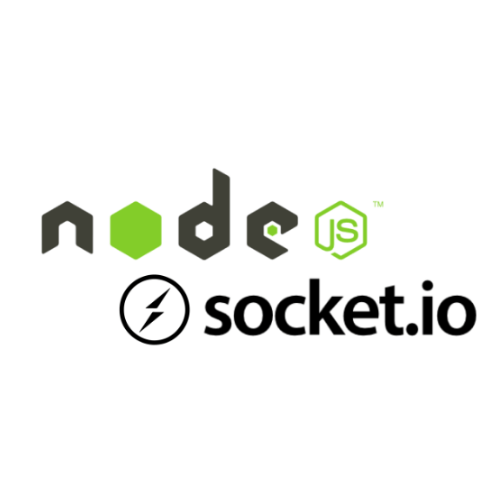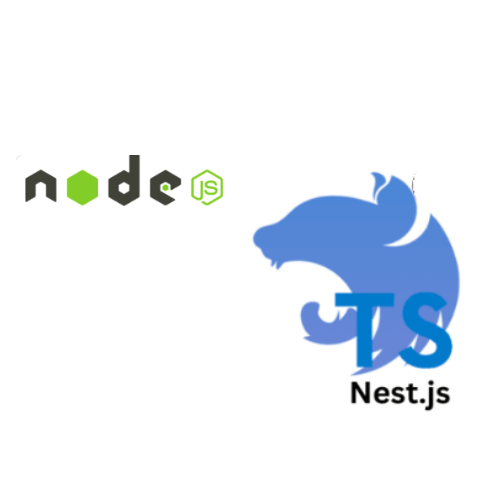Node.js is an open-source, cross-platform JavaScript runtime environment that allows developers to execute JavaScript code on the server side. It's built on the V8 JavaScript engine developed by Google, which is also used in the Google Chrome browser. Node.js is designed to be efficient, lightweight, and well-suited for building scalable and real-time applications. Here are some key features and points about Node.js:
2
Single Programming Language
Node.js enables developers to use JavaScript for both front-end and back-end development, reducing the need to switch between different programming languages.Asynchronous Programming: Node.js uses asynchronous programming patterns, which means that tasks like reading files, making network requests, and handling database queries can be performed without blocking the execution of other tasks.
One of Node.js's defining features is its non-blocking, event-driven architecture. This allows applications to handle multiple concurrent connections without blocking the execution of other code, which is crucial for building highly performant applications.
Node.js is well-suited for building real-time applications like chat applications, online gaming, collaborative tools, and live streaming platforms due to its ability to handle multiple simultaneous connections efficiently. Node.js is commonly used to build web servers and APIs. It's often used in combination with frameworks like Express.js to create robust and scalable server-side applications.
5
Microservices Architecture
Node.js is a popular choice for building microservices-based architectures, where different components of an application are developed and deployed as independent services.
Node.js has a thriving community that contributes to the development of a wide range of modules and packages. The NPM repository hosts a vast collection of reusable code that developers can integrate into their applications. Node.js's non-blocking and event-driven architecture is well-suited for building applications that need to handle a large number of concurrent connections, making it a good choice for scalable applications.
Node.js enables developers to build full-stack JavaScript applications, where both the front-end and back-end are written in the same language, promoting code consistency. While Node.js itself provides a runtime environment, developers often use web application frameworks like Express.js to build more structured and organized applications.








